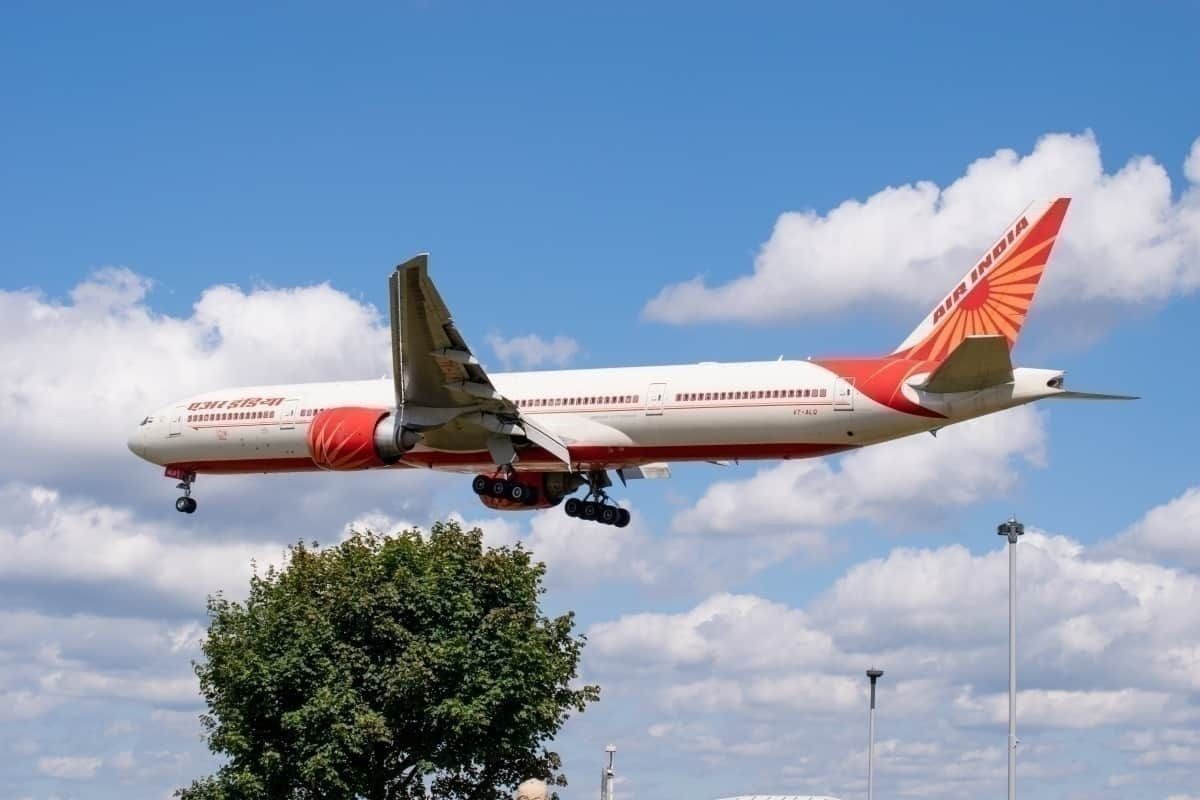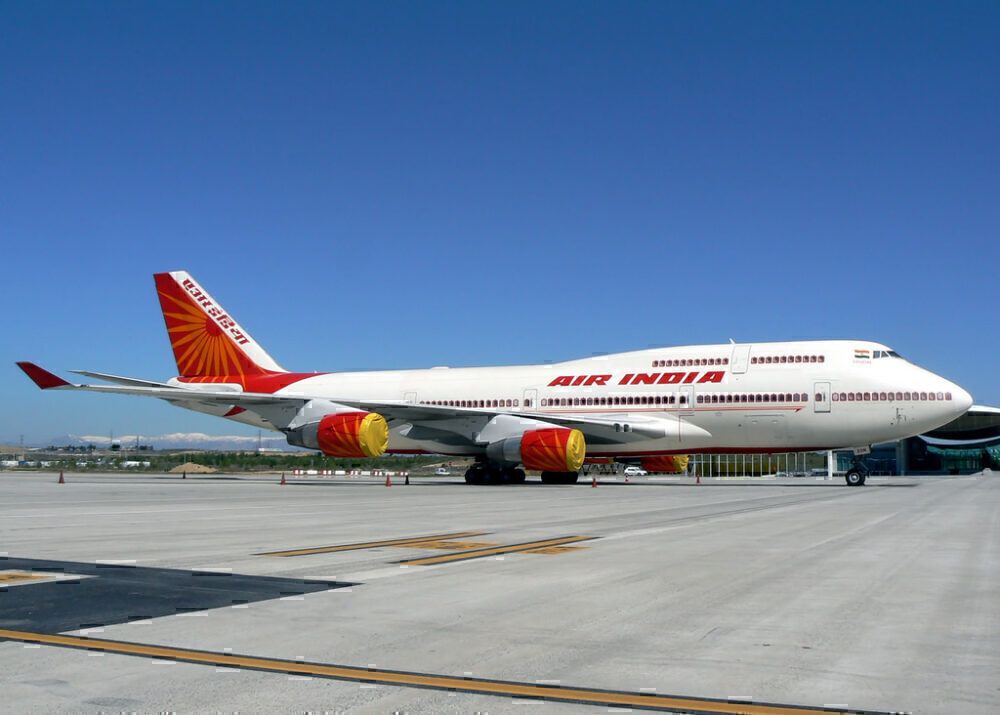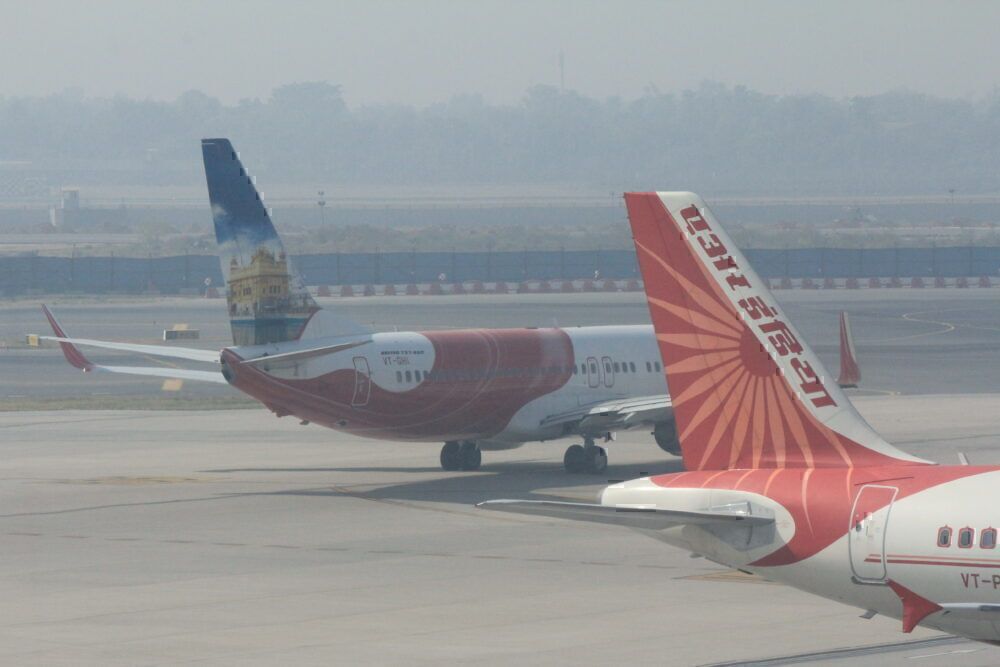The deadline to submit bids for Air India has once again been extended, this time to December 14th. The extension comes as the government improves the terms of the sale, reducing the airline's overall debt. So will the improved terms allow the sale to finally go through?
Improved terms and more
The main improvement in the terms has to do with the debt liability a potential owner would have to take on. The government has recently reduced the overall debt associated with the airline by excluding real estate and other non-essential assets from the deal.
The biggest change, however, has been with the valuation method of Air India itself. Bidders can make offers based on the enterprise value of the airline, instead of the previous equity and pre-fixed debt value. The addition of enterprise value gives bidders the chance to value Air India's debt instead of the government's fixed amount.
Bidders will also have to offer 15% of the value as cash to the airline, while the remaining 85% will remain as debt with Air India. This ratio can be changed to reduce the overall debt with Air India when it is purchased.
Stay informed: Sign up for our daily aviation news digest.
These changes allow a reduction in the total amount paid by a buyer and also ensures the buyers have a cash stake. Analysts have offered conflicting views of the government's new approach, but the change does signal the government's willingness to privatize the airline soon.
What will potential buyers receive?
While the terms surrounding the deal have been changed, the offerings remain the same. Buyers will receive a 100% share of Air India and low-cost subsidiary Air India Express. Additionally, buyers will also receive a 50% share of Air India-SATS, the airline's grounding handling agency.
As flag carrier and India's only major long-haul airline, Air India has access to key routes from the country. The airline has a fleet of 128 aircraft consisting of the 777, 787, and A320 family, along with the 737s from Air India Express. This diversified fleet and lucrative slots do make Air India valuable even in the current climate.
Who is looking to purchase Air India?
2020 is not the year to go airline shopping in the eyes of any investor. However, the surprise sale of Jet Airways does show us that there are still many looking longer-term. The leading bidder for Air India has long been the Tata Group. The Group currently owns majority shares in Vistara and AirAsia India and has a long history in Indian aviation.
The next few months will likely see more names emerge for potential bidders for Air India. However, the government has made it clear that time is running out for Air India and a sale must be completed to prevent a shutdown of the airline.
What do you think about Air India's sale terms? Could an investor take over the airline this year? Let us know your thoughts in the comments!




